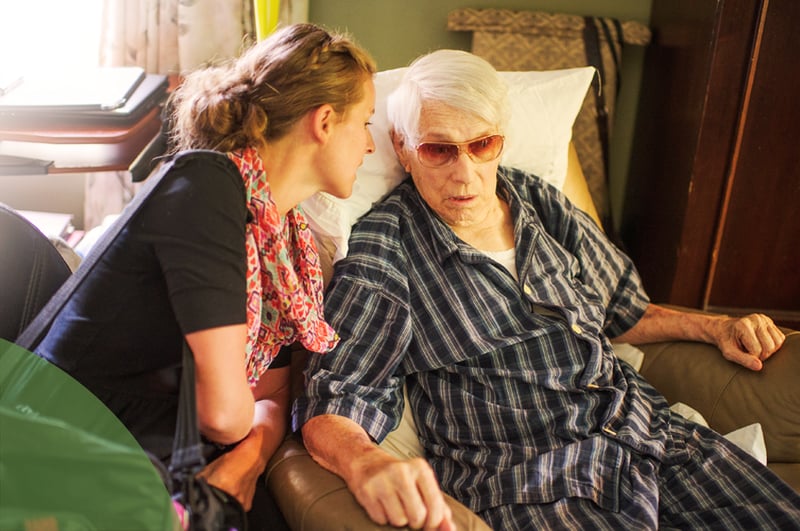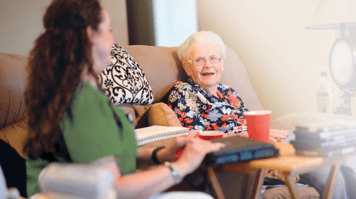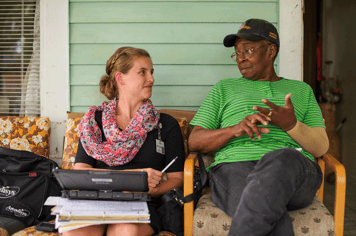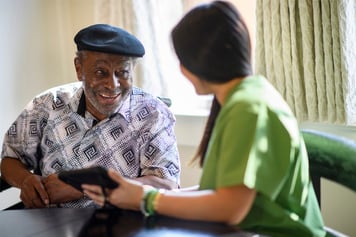It never seems like the right time to start a conversation about our wishes at the end of life. Until a crisis hits. And then it’s often too late.
That’s what National Healthcare Decisions Day (NHDD) is all about.
NHDD was created to inspire and educate the general public and healthcare providers about the importance of advance care planning. In short, doctors need to have conversations that alert terminally ill patients about the choices for care available.
It’s a big issue. Even though 90 percent of people polled said it’s important to discuss end-of-life care wishes, only 30 percent have actually had such conversations, according to a 2012 survey conducted by The Conversation Project.
And an estimated 70 percent of people say they want to die at home, yet 70 percent die in hospitals or other institutions.
To date, some three million members of the general public have participated in NHDD events and received information about advance directives, thanks to more than 100 national and 1,600 state and local organizations that support it. Among the organizations participating in all 50 states will be hospitals and pharmacies as well as libraries, churches, synagogues and mosques.
Amedisys has also contributed to the effort. We’ve held screenings of the PBS “Frontline” documentary “Being Mortal,” based on the best-selling book by Dr. Atul Gawande.
In addition to providing education to more than 10,000 physicians, nurses, social workers and other healthcare professionals across the country, we’ve brought together more than 3,000 of our hospice and home health employees to watch the film and discuss how to apply its lessons to caring for patients every day.
Quite simply, we want to help spark everyone to engage in these conversations sooner. Not just when we’re sick or in the hospital, but when we’re at the dinner table with family. And when we’re visiting the doctor for a routine physical.
After all, these conversations shouldn’t be about death. They should be about life – specifically, about our goals, wishes and preferences in the event that our health falters.
We want to change how people talk about dying in this country – and by so doing, change how they actually die as well.
We believe families, caregivers and physicians should discuss these priorities and preferences sooner rather than later, and be educated in how to do it right.
This also means that patients should have the opportunity to enter hospice care sooner than most do to take advantage of its benefits, and also be granted the right to die at home if they so choose, rather than in a hospital.
So here’s an action you and your loved ones can take right now. Write down your Five Wishes, a living will created with help from leading experts in end-of-life care and the American Bar Association’s Commission on Law and Aging. The document is intended to offer directions for your family, friends and doctor to follow. It covers not only your medical wishes if you get seriously ill, but also your personal, emotional and spiritual ones – how you want to be treated, for example, and what you want your loved ones to know.
There’s no better time to get started than today.
--
Here are further details:
https://agingwithdignity.org/five-wishes/individuals-and-families.





